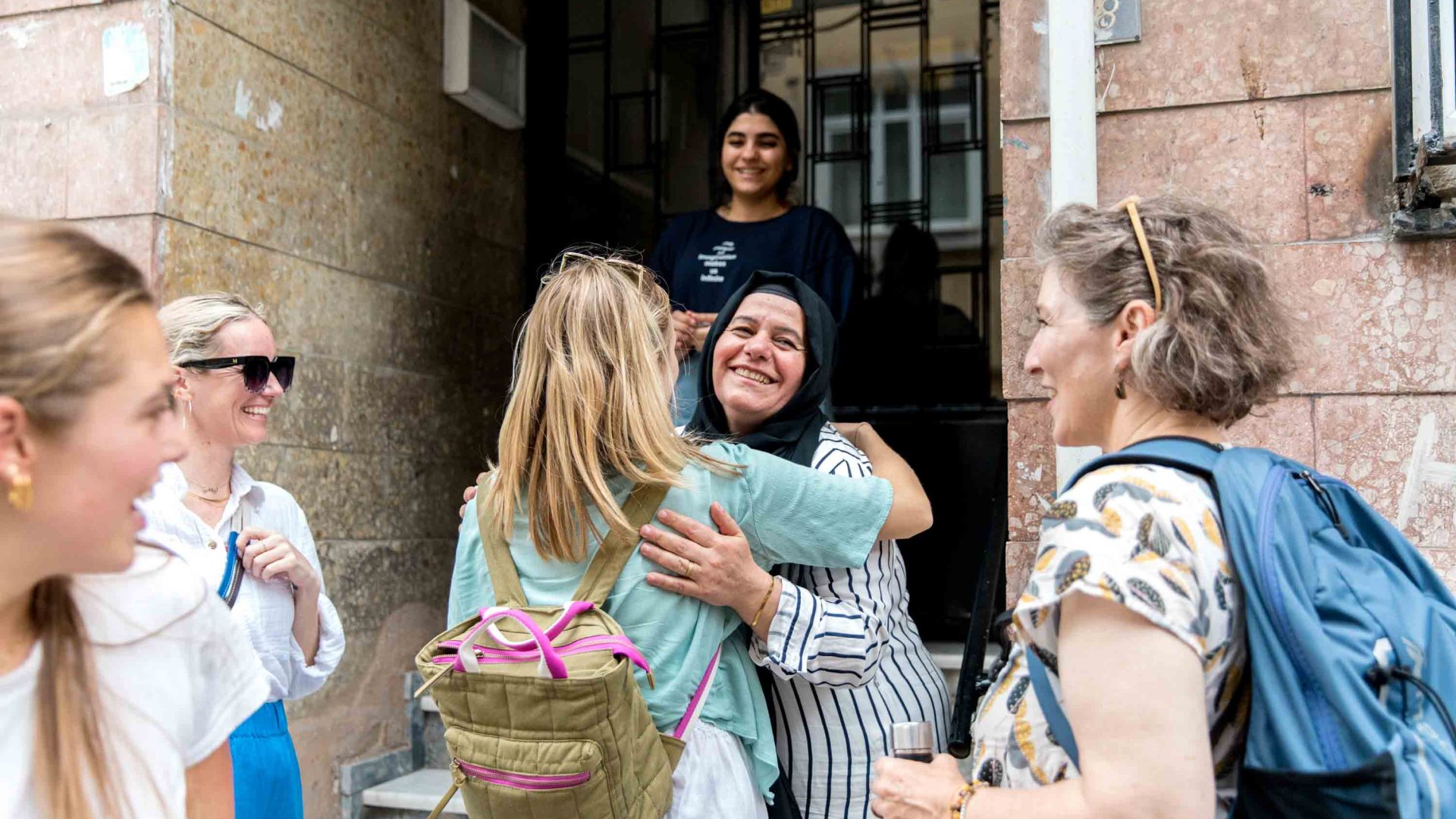
Following the earthquake that devastated parts of southern and central Turkey in 2023, Intrepid’s new for-women, by-women trip celebrates the women-owned businesses in Turkey’s tourism industry.

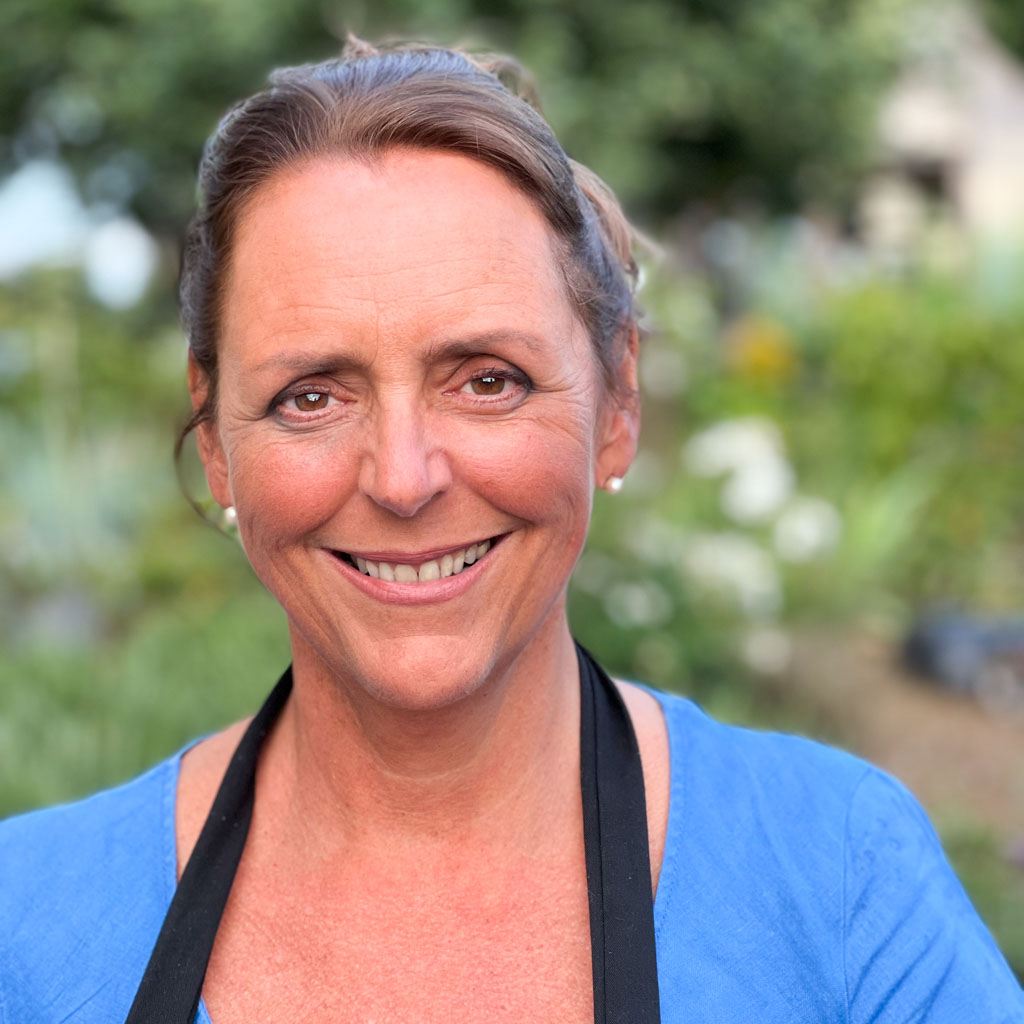
Following the earthquake that devastated parts of southern and central Turkey in 2023, Intrepid’s new for-women, by-women trip celebrates the women-owned businesses in Turkey’s tourism industry.
Few things are more welcoming to a new land than flavorsome home-cooked food, and the delicious acuka spread in front of me, made of walnuts, tomatoes and capsicums, is no exception. I’m devouring the breakfast banquet served by self-proclaimed eco warrior Ayse Zeynep at her boutique No.11 Hotel, the city’s smallest hotel with a Green Certificate and where 80 percent of the team are women.
Almost a year after an earthquake devastated swathes of southern and central Turkey, I am traveling on Intrepid Travel’s new for-women-by-women trip around the country. Its aim is to uncover some of the exciting initiatives which promote economic and social opportunities for women—who are still facing significant inequalities—and support women-owned businesses.
Women are often disproportionately impacted by natural disasters. According to the United Nations Development Programme, when disaster strikes, women and children are 14 times more likely than men to die. Tourism can be a lifeline. Groups on this trip stay in female-owned accommodation, travel with a female-owned transport company, and visit social enterprises working to empower women.
I begin in Istanbul, with Intrepid’s very own trailblazer Zina Bencheikh. As the managing director of the company’s Europe, Middle East and Africa arm, her passion for equal economic opportunities emphasizes the importance of eradicating gender barriers in countries where women have been traditionally excluded from paid work.
“In Turkey, we have 67 guides of which 20 are women,” she says proudly. “As we work towards our next B-Corp certification, we are making sure we advance gender equality by working with women-owned businesses in our supply chain.”
Entering the Topkapi Palace as the midday call to prayer sings out from the minaret, the story of the Topkapi Harem unfolds, of a period when wives and mothers of the sultans of the Ottoman empire exerted extraordinary political influence. This museum and library (Topkapi is also known as the Seraglio) in Istanbul’s Faith district is probably Turkey’s most stunning example of Ottoman architecture, with an intricate mélange of richly bejeweled chambers, rare manuscripts, and elaborate gardens.
“Hospitality runs deep in our culture. We are obliged to share what we have and the money that each woman pays to attend a Gold Day helps with my children’s expenses … Study hard, don’t listen to your husband, and earn your own money to have independence.”
- Seray Ölçer
The identity of ‘the mother’ was the central individual in the harem. “Even today, a woman who doesn’t want to marry or have children is considered weak or sick,” our guide Ayşenur Genç tells us. “Here at Topkapi, they were selected like stud horses, with inspections of teeth, hair, hips, and health… It was the sultan’s mother who selected who was to be presented to her son—she was the only one with power—the queen bee to all intents and purposes.”
The significance of motherhood is still deeply cherished, and the respect and reverence of mothers, grandmothers, aunts and mothers-in-law holds a central place in the culture. Women in Turkey are valued for their critical role in shaping families and are seen as formative building blocks in shaping society. Interestingly, women received the right to vote and be elected in 1930, long before many democratic or more modern countries, but that said, it’s far from perfect when it comes to addressing the gender equality gap in other aspects of everyday life.
Ten minutes from the Topkapi Palace, in the pleasant, cobblestoned Emin Sinan neighborhood, we join an informal Altun Günü or Gold Day lunch with local mother Seray Ölçer and her daughter Gülcan.
Its origin is unknown, but it acts much like a savings circle (in Turkey, people traditionally borrowed and lent money within their immediate social circle) and Gold Day hosts can choose how to use their financial contributions. Word gets out about who needs support, for anything from a pair of school shoes or a dentist appointment to a birthday celebration, and a gathering is spontaneously arranged.
“Hospitality runs deep in our culture. We are obliged to share what we have and the money that each woman pays to attend a Gold Day helps with my children’s expenses,” says Seray. As we leave, she advises with a wink, “Study hard, don’t listen to your husband, and earn your own money to have independence.”
We leave Istanbul’s spectacular horizon of minarets and mosques on a minibus covered with photographs of our driver’s grandchildren, covering everything from the roof hatch to the dashboard. Minibus owner and founder of Adalis Tour Transportation, Fatma Çelik Karakol, has worked with Intrepid since 2018.
Her story, like other Turkish women we meet, is one of resilience, creativity, and always laced with humor. Fatma has no qualms telling us how she paid for her driving license—bribery was rife—and how she taught herself to drive in her village before working with a public bus company. From there she bought her own minibus to start her business. She now employs seven drivers (all men), but hopes to encourage more women to drive. “Don’t worry,” she says. “Ten years after receiving my ‘bought’ license, I took my official test.” She now loves to drive around her country: “It’s how I feel free.”
In the dynamic landscape of today’s tourism industry, women are emerging as pivotal players, shaping experiences, narratives, and destinations alike.
Five hours south of Istanbul, in Turkey’s central Aegean region, we visit the country’s number one archeological site. Once the Mediterranean’s most important commercial center, Ephesus bridges classical Greek to Roman empire epochs. Ephesus, or Apasas, means ‘city of the mother goddess’, and we walk along ancient marble paths, polished smooth by millennia of leathered soles.
The city is reputed to have been founded by a great tribe of female Amazon warriors, who traveled down from the Black Sea and supposedly sparred with Hercules, lived in lesbian matriarchies, and hacked off their breasts so they could fire their arrows with better accuracy.
Ephesus has feminine layers as diverse and extraordinary as Artemis—goddess of chastity, hunting, and the moon—to the Virgin Mary who is thought to have been brought here by St. John the Apostle and is believed to be buried in the vicinity.
That night we stay at Nisanyan, a rural hotel owned by Müjde Tonbekici, nicknamed ‘Muj,’ which means good news. Muj is staffed by local women from the nearby village who are often earning money for the first time.
Two of the women, Gilay Özkoca and Sabrige Oktay, help us cover our heads with locally made silk scarfs before we join their cooking class where we learn to make meze and Guveç, comfort food that Muj describes as ‘mummy-style stew’ having learned it from her mother. Made with beef and vegetables, it’s seasoned with herbs picked from Muj’s garden, it’s a delicious dish we follow by tucking into delicious pine-nut semolina halva with homemade ice cream.
We’re reluctant to leave, but we have a meeting with Tara Hopkins, founder of çöp(m)adam, which translates to ‘Rubbish Lady’, a social enterprise selling embroidered tableware, tapestries, cushions and purses made from recycled ‘rubbish.’ American by birth, she now employs over 150 local women to transform waste materials into reusable goods, sold from her shop in the seaside town of Ayvalık, opposite the island of Lesbos.
As we watch three ladies transform crushed Coca-Cola tops into trendy purses, Tara explains the importance of enterprise and how it supports small female businesses, raises awareness of environmental impact, and connects values with consumerism. This, in turn, provides women with opportunities and supports traditional skills. Before we hit the road, several of us buy embroidered clutch bags.
Our final lunch at Bizim Ev, just outside the bustling town of Selçuk, is prepared by Hatice Mercan, a well-known Turkish chef who has been providing opportunities to local women for over three decades. After 18 years as a housewife, having never worked outside the home, she borrowed enough money for two kilos of flour and half a kilo of mincemeat and began selling gözleme (a savory stuffed turnover) by the roadside.
She sold just two on the first day, seven on the second, and 15 by the end of the week. After two months, people were begging her to open a restaurant. Today, the original gözleme and other recipes are all found in her popular cookbook, My Mother’s Kitchen, in which her daughter who persuaded her to pen her recipes writes an affectionate forward—no doubt it will be passed down through generations to come.
In the dynamic landscape of today’s tourism industry, women are emerging as pivotal players, shaping experiences, narratives, and destinations alike—a peek under the surface reveals millennia of contributions woven into the fabric of the country. Countless stories of resilience, innovation, and empowerment through grassroots initiatives, are working to dismantle barriers to create pathways to economic independence. Their stories unfold through the lives transformed along the way and in a country where history and innovation converge, the future of tourism here certainly looks a lot more female.
***
Adventure.com strives to be a low-emissions publication, and we are working to reduce our carbon emissions where possible. Emissions generated by the movements of our staff and contributors are carbon offset through our parent company, Intrepid. You can visit our sustainability page and read our Contributor Impact Guidelines for more information. While we take our commitment to people and planet seriously, we acknowledge that we still have plenty of work to do, and we welcome all feedback and suggestions from our readers. You can contact us anytime at hello@adventure.com. Please allow up to one week for a response.

Since founding the Heaven on Earth series of luxury experiential travel books and TV show in 2001, Sarah Siese has criss-crossed the globe from the frozen depths of Antarctica to tropical Zanzibar, seeking out natural wonders, people and places that best depict their country,and writing about them for a variety of national broadsheets and magazines.
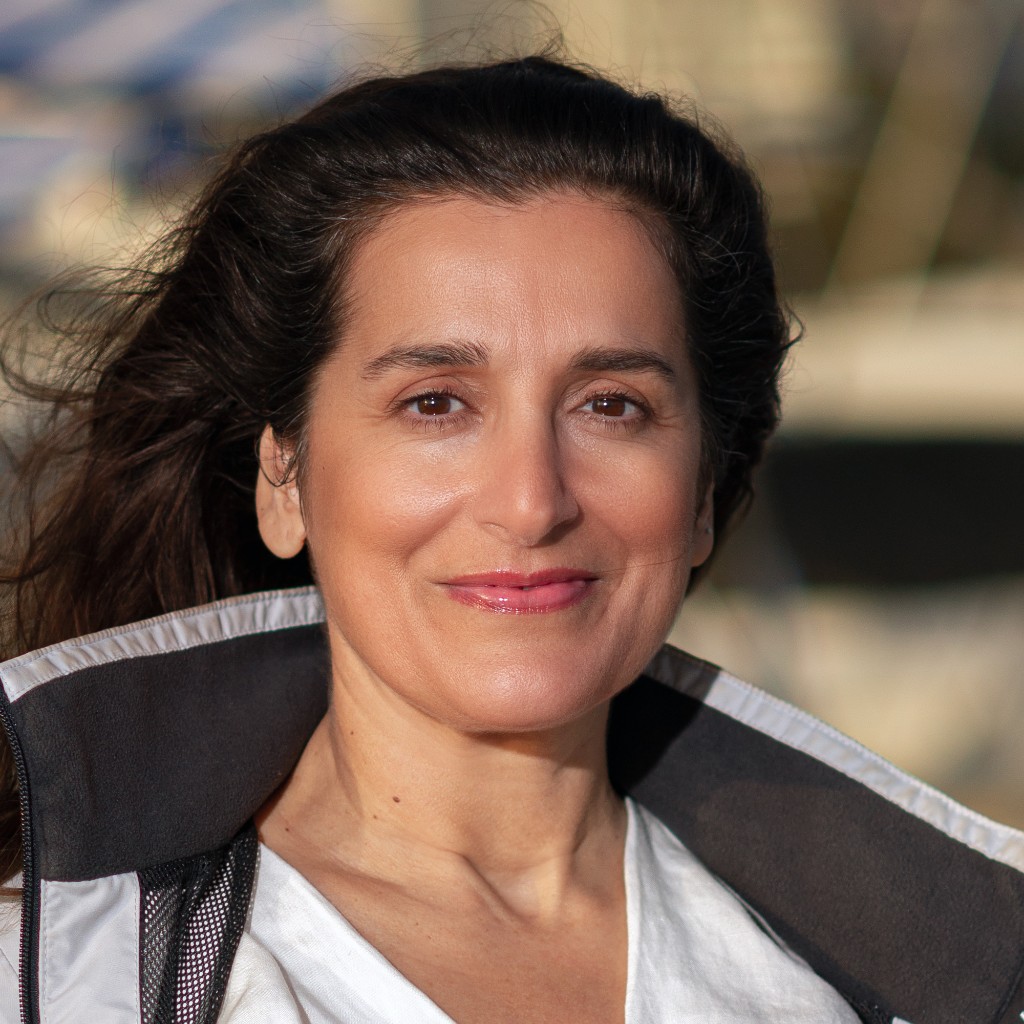

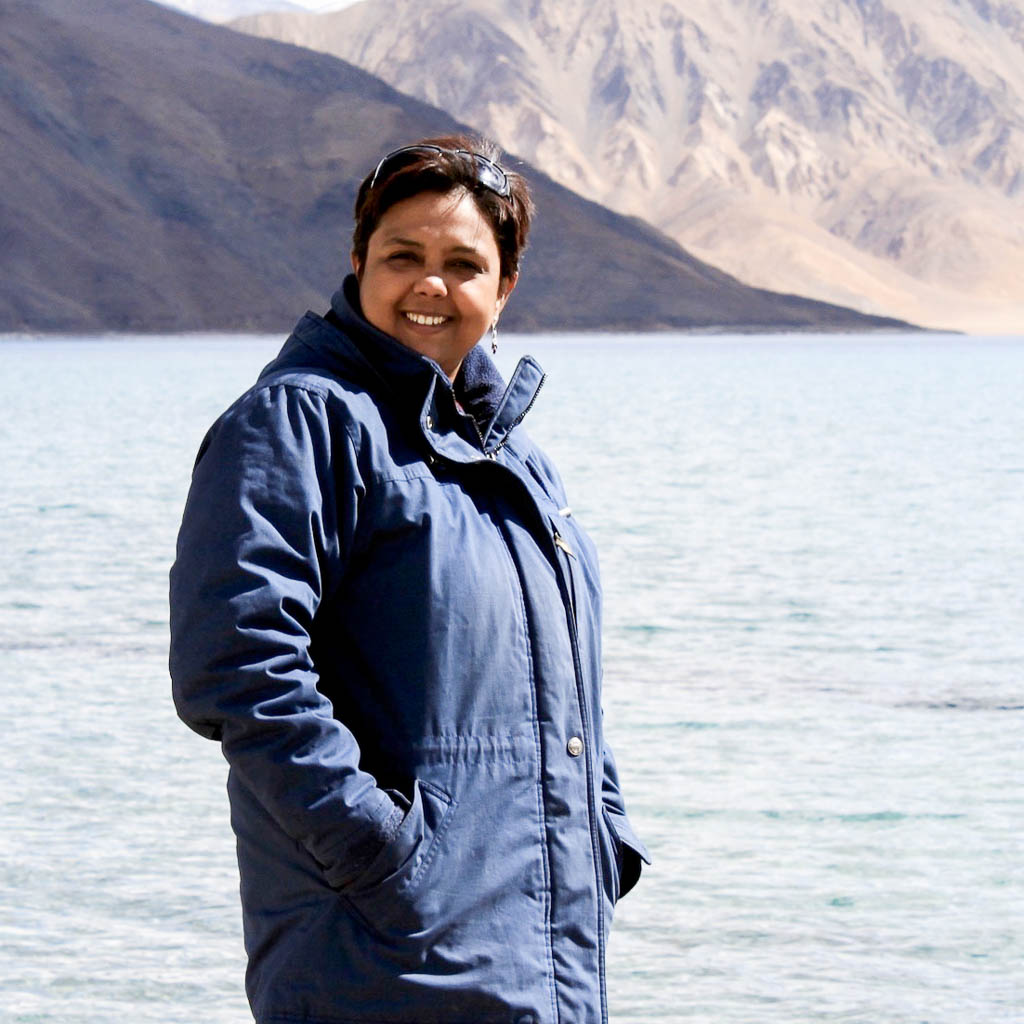

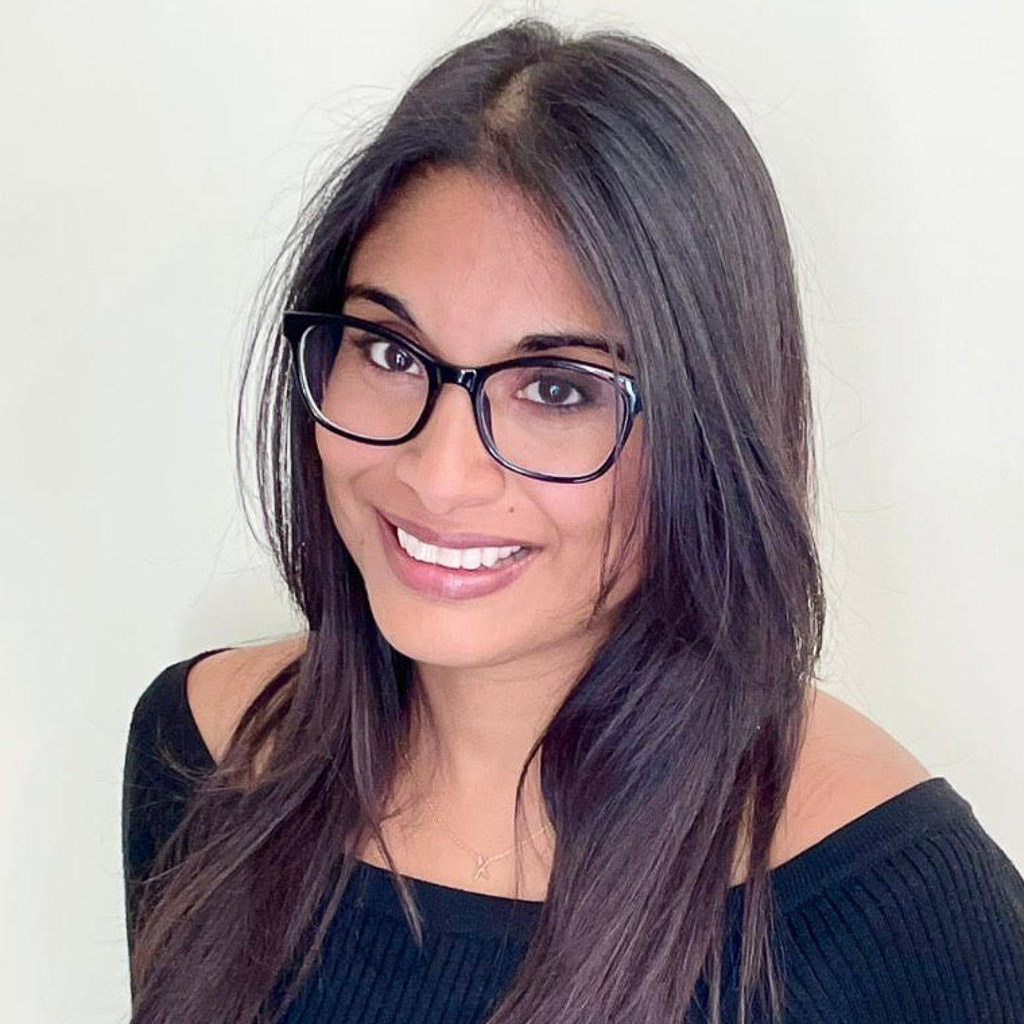



Can't find what you're looking for? Try using these tags: